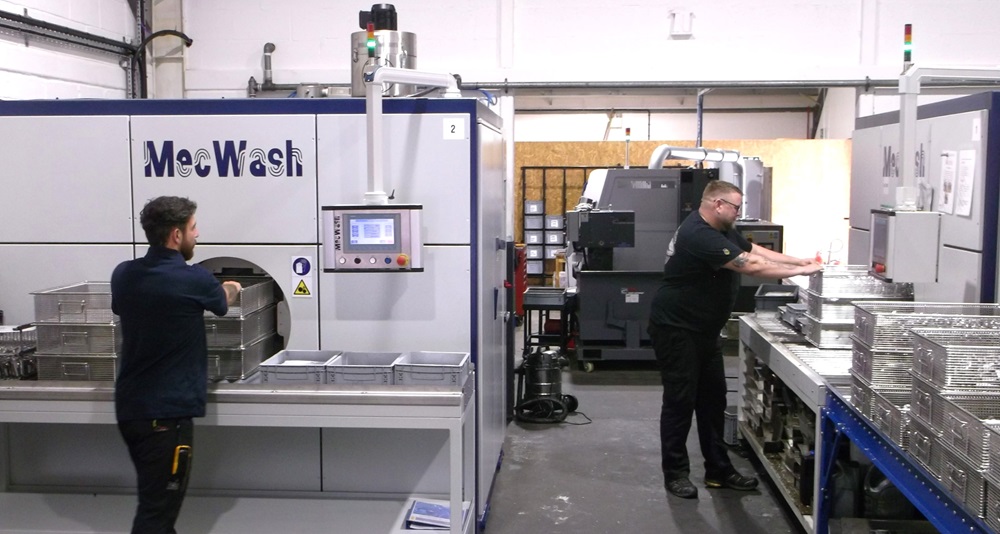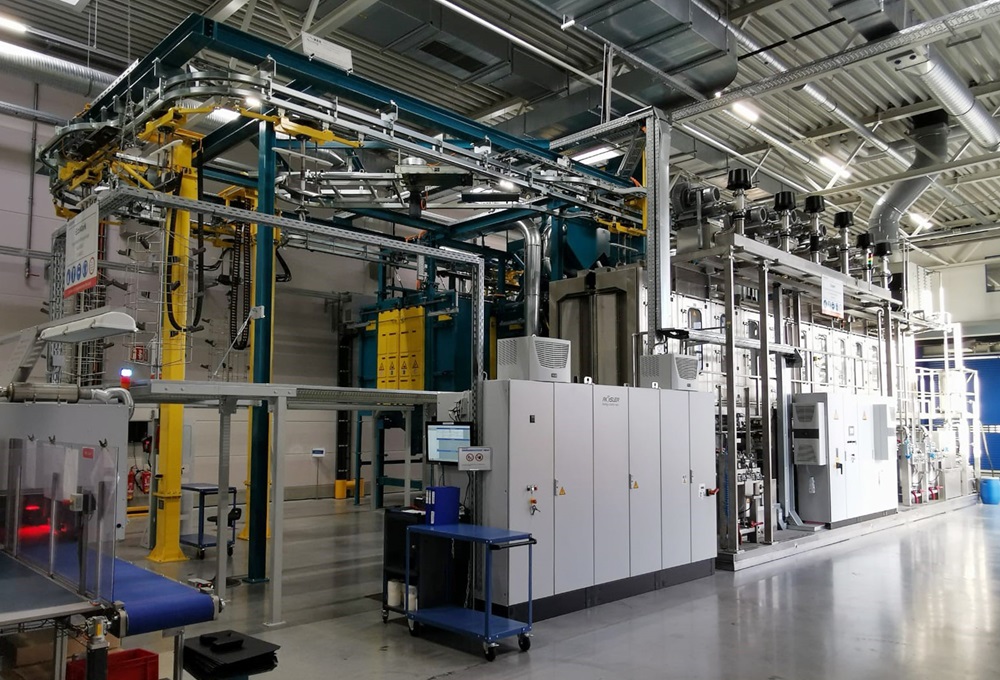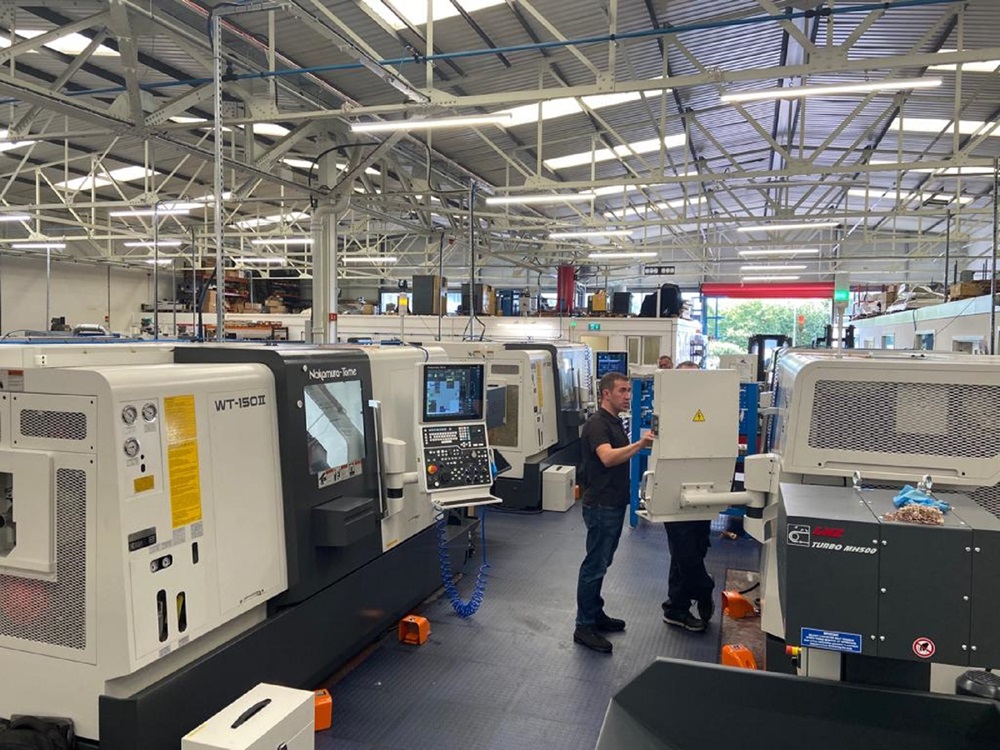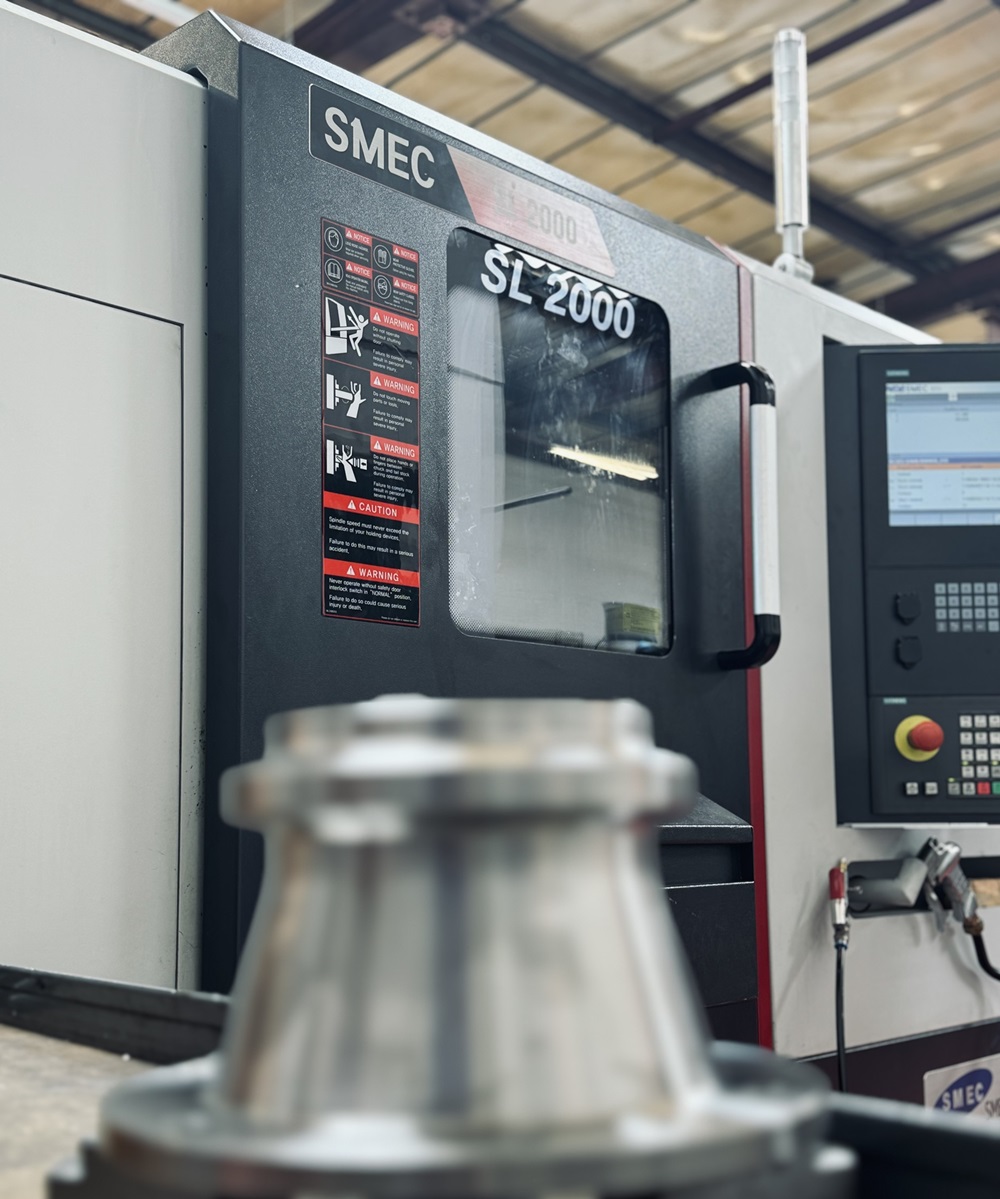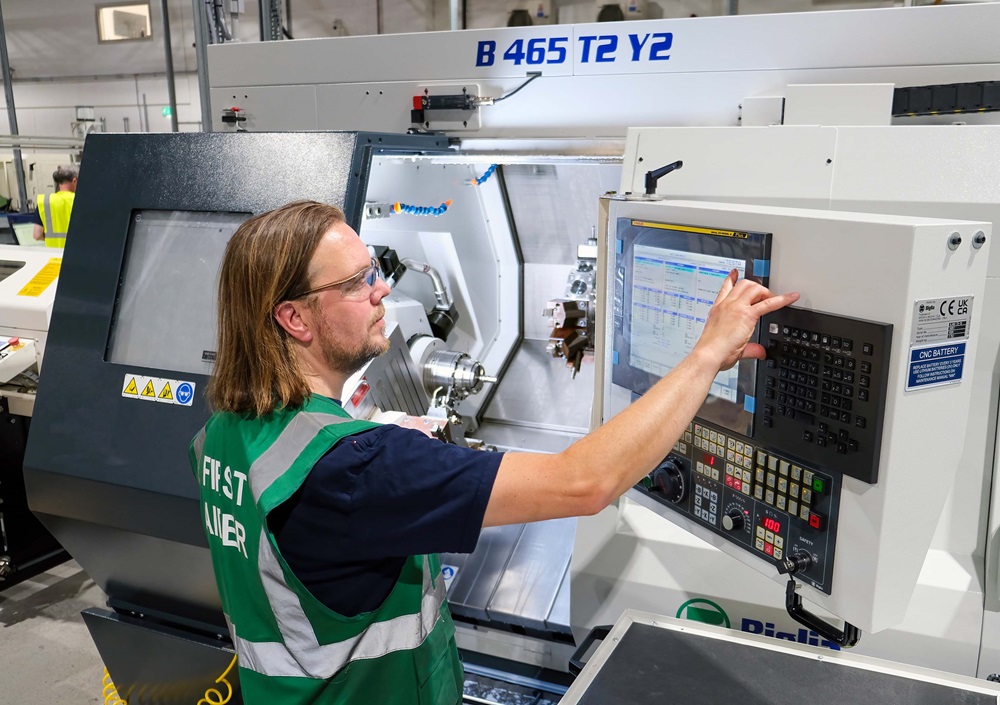After purchasing a MWX400 system in 2020, Vixen CNC experienced such an improvement in cleaning efficiency that the company ordered another system for its factory in Snowdonia. Vixen CNC has seen a significant increase in demand for its services over recent years. The company needed the additional machine due to its use of both ferrous and non-ferrous metals – and the different process requirements of the two applications.
Jake Wood, managing director of Vixen CNC, says: “The MWX400 systems have transformed the washing capability and overall productivity at our factory. The communication and servicing from MecWash have been excellent, which combined with the effectiveness of the cleaning, made the decision of investing in a second machine a simple one.”
He continues: “We replaced a tunnel wash system with two MecWash MWX400 machines. Each machine uses a specific cleaning process, one for ferrous metal and the other for non-ferrous metals. The initial MecWash MWX400 system in 2020 considerably decreased our manual drying requirements, which had been both costly and time consuming. Overall, the MecWash systems have provided superior cleaning results, in faster time – and all with reduced manpower.”
The process starts with powerful ultrasonics, which are essential to clean the intricate shapes and blind holes of oil, swarf and fine particles. MecWash MWX systems boasts four ultrasonic rod transducers with single or mixed frequency (25 and 40 kHz). The ultrasonics create large amounts of localised cleaning energy, dislodging any contamination. After the wash stage, the components are rinsed, firstly with an ultrasonics stage, followed by flood and spray rinses, resulting in a polished finish.
More information www.mecwash.com





